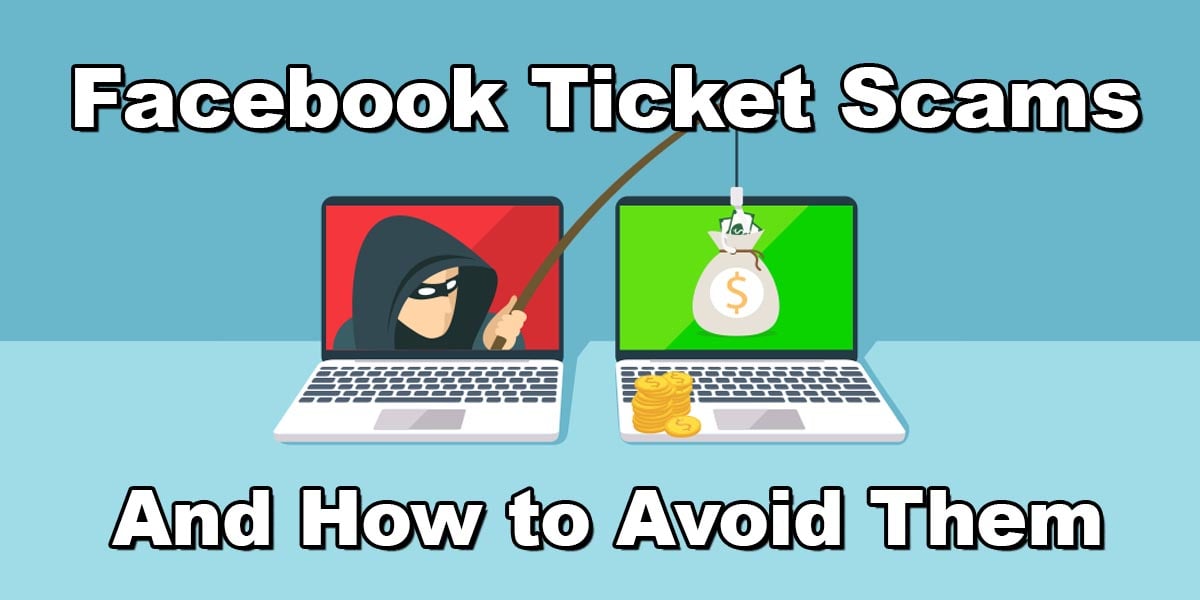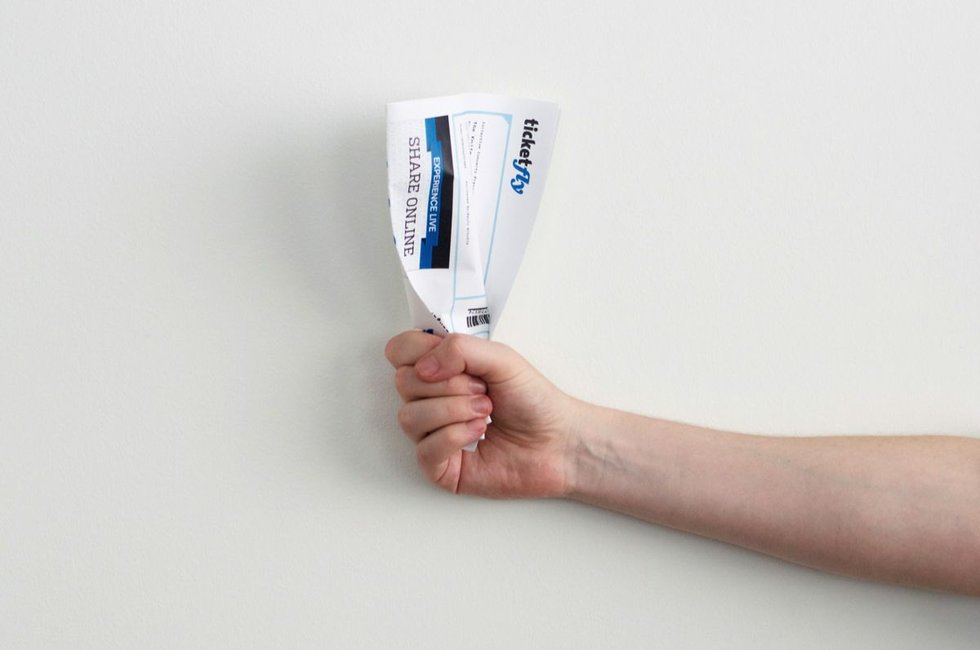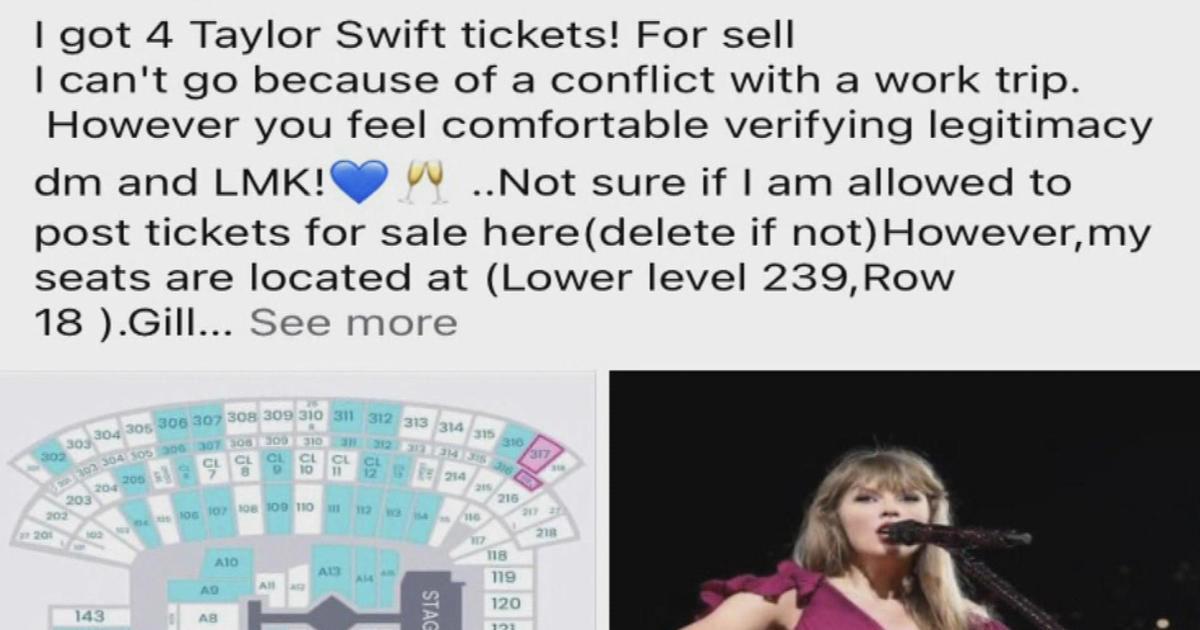Facebook Scammer Sells Fake Tickets: Don’t Be a Victim
In the age of social media, buying tickets for events has never been easier. With the convenience of scrolling through Facebook and finding people selling tickets, you might think getting tickets at a reasonable price is a piece of cake. However, scammers are lurking, ready to take advantage of eager buyers. In this article, we will look at how Facebook scammers sell fake tickets and what you can do to protect yourself.
How Scammers Lure You In

Scammers have figured out how to use the popularity of Facebook to their advantage. They look for events that are sold out and create fake listings for those events to attract unsuspecting buyers. They often advertise tickets at a lower price than the official ticket seller, which is a big red flag. They may also offer payment through a method that is less secure.
How Scammers Make Fake Tickets

Scammers have many options when it comes to creating fake tickets. One of the easiest methods is to simply copy a real ticket and change the details, like the date and time. Another method is to create a PDF ticket that looks legitimate but doesn’t contain the necessary information, such as the venue’s name.
How to Avoid Scammers

Stick to Official Ticket Sellers
The best way to avoid getting scammed is to buy tickets from the official ticket seller. If there are no tickets available, try a reputable reseller like StubHub or SeatGeek.
Do Your Research
If you decide to buy tickets from a private seller, do your research. Look up the seller’s profile and see if they have a history of selling tickets. Read comments left by previous buyers to determine the seller’s credibility.
Pay with a Secure Payment Method
When buying tickets from someone you don’t know, it’s important to use a secure payment method to protect yourself. PayPal Goods & Services is a good option, as it offers buyer protection.
Be Wary of Red Flags
If the price seems too good to be true, it probably is. Look out for tickets that are well below face value, PDF tickets, and sellers who won’t accept secure payment methods.
What to Do if You’ve Been Scammed

If you’ve been scammed, report the seller to Facebook. If you paid with a credit card, contact your credit card company immediately to dispute the charge. If you paid with PayPal Goods & Services, file a dispute through PayPal.
Conclusion

Buying tickets for events on Facebook can be convenient, but it’s important to be vigilant to avoid falling victim to scammers. Stick to official ticket sellers, do your research, pay with a secure payment method, and look out for red flags. Don’t let scammers ruin your event experience!
FAQ

Q1. How do I know if a ticket is fake?
A1. Fake tickets may have misspelled words, incorrect dates or times, and may not have the name of the venue listed. They may also look blurry or low-quality.
Q2. What is PayPal Goods & Services?
A2. PayPal Goods & Services is a protected payment method that offers buyer protection for transactions.
Q3. Can I get my money back if I’ve been scammed?
A3. If you paid with a credit card or PayPal Goods & Services, you may be able to get your money back by filing a dispute.
Q4. Should I report the seller to Facebook?
A4. Yes, reporting the seller to Facebook can help prevent them from scamming others in the future. Facebook takes reports of fraudulent sellers seriously and will investigate the seller’s account.
Q5. Can I trust a private seller on Facebook?
A5. It’s risky to trust a private seller on Facebook. Stick to official ticket sellers or reputable resellers like StubHub and SeatGeek.

